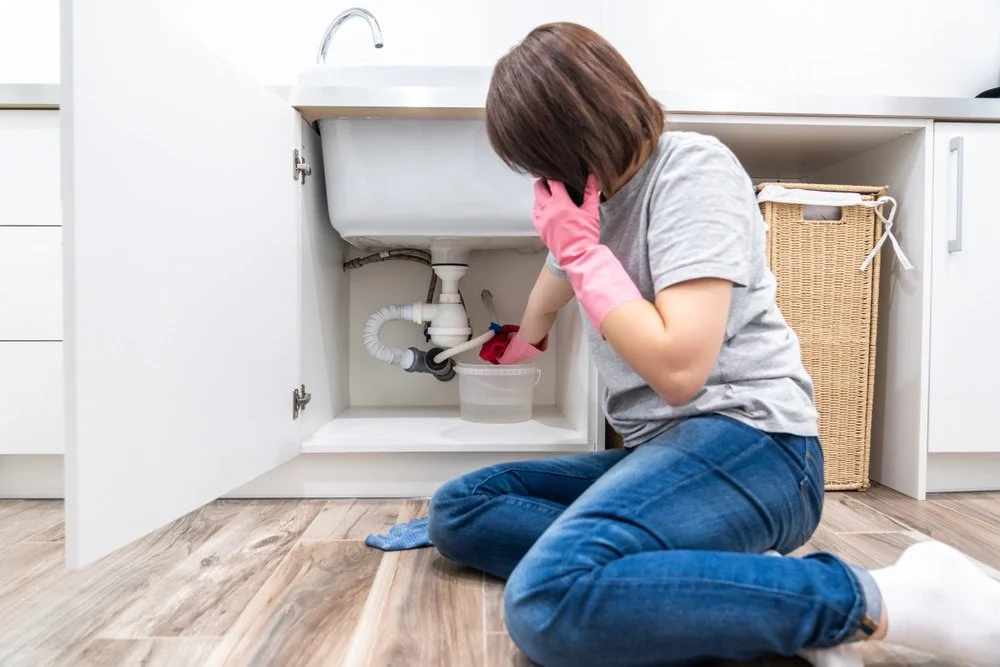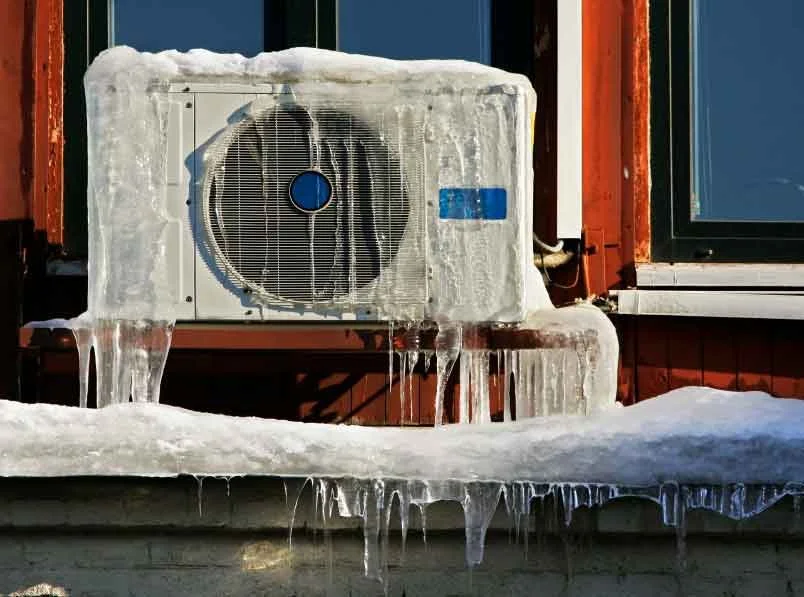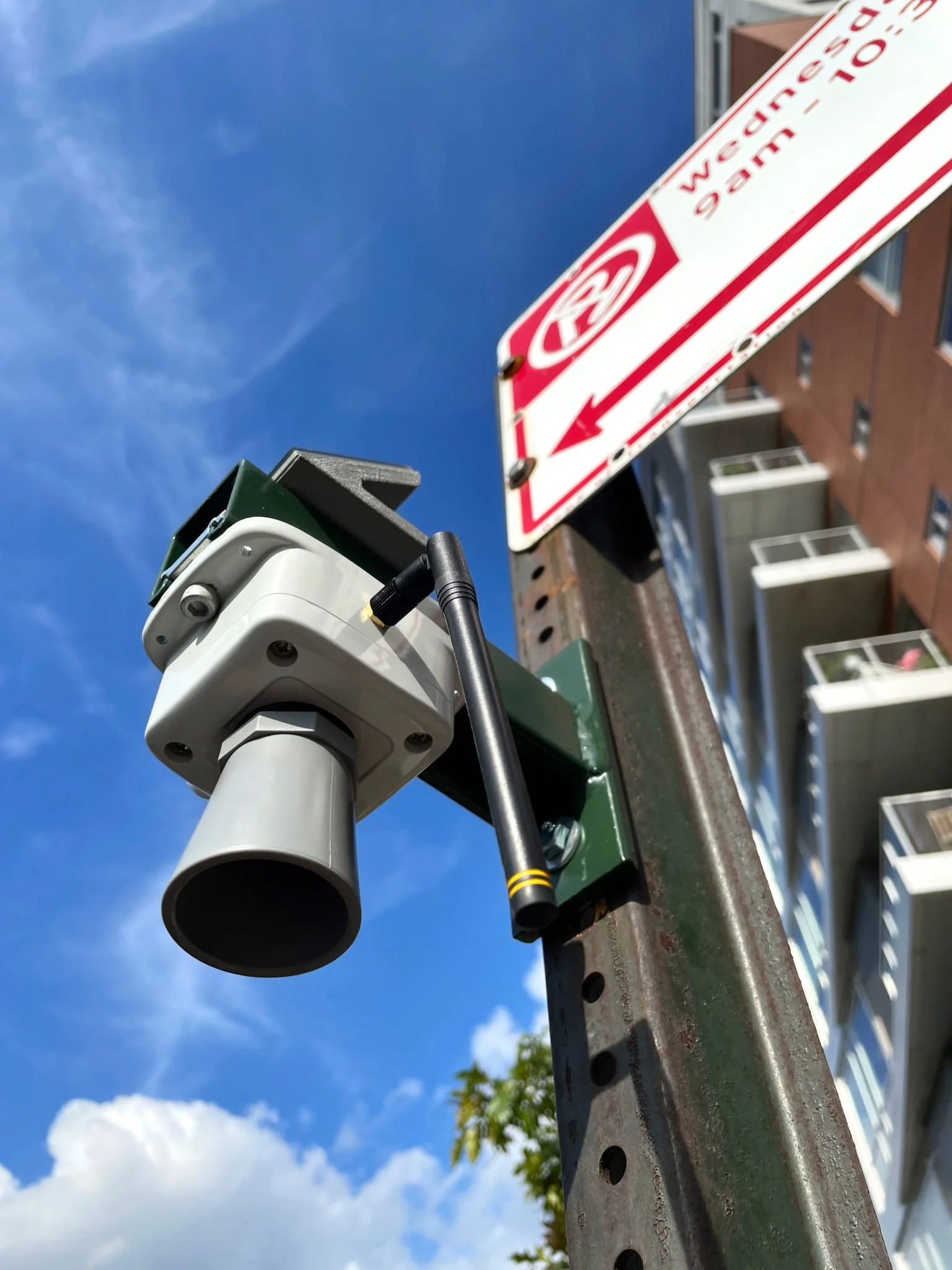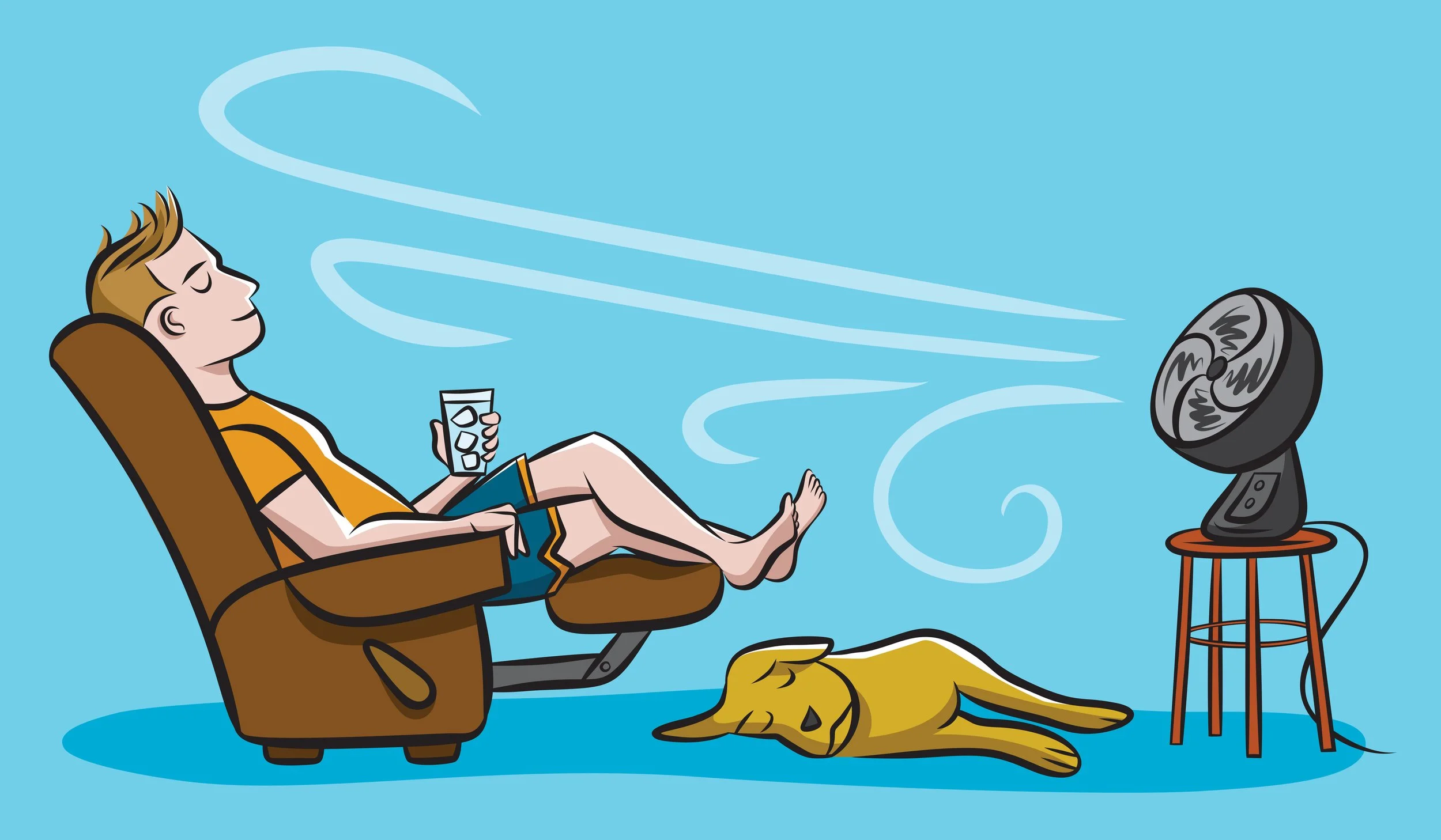After Hurricane Ida
many New Yorkers were left with a huge mess to clean up, especially residents with flooded basements.
Flooding can cause serious damage to your belongings and affect your hygiene. With extreme weather on the rise around the world due to climate change, this is becoming more and more common. If your basement does flood, the best thing to do is contact a certified water damage restoration company in your area. They will help you find out what to do on your own if your damage is less serious — and what you can do in the future to prevent this type of damage from happening again.
SAFETY FIRST
The first step when dealing with flooding is to make sure your basement is safe to enter first. One thing that can go disastrously wrong is you could receive a fatal electric shock. If there's an outlet or appliance that's underwater, and you step in it, you could be electrocuted. Turn off the power in the flooded area first before going in to clean up. If your circuit breaker is in the basement, and you can't access it without entering, contact your utility company or an electrician.
The next thing to check is whether or not the water is contaminated. If there's any odor or suspect flooding that may come from the sewage system, contact a professional who can safely deal with the contamination and stay out of the water. Always wear gloves and a mask in the basement when you are cleaning to protect yourself from any debris that could be in the water.
REMOVING WATER AND DRYING OUT THE BASEMENT
Once the basement is safe to enter, you'd want to dry it out as quickly as possible. If you have carpeting, you’d have to rip it out and remove it along with any large upholstered furniture. Ideally, you should look for a certified water damage clean-up company that uses professional-grade water vacuums, fans, and dehumidifiers to help clean up and restore your basement.
PREVENTING FUTURE FLOOD DAMAGE
No one wants to think about a flood before it actually happens, but having an ounce of prevention is worth a pound of cure! The most standard homeowners' insurance policies don't cover flood damage — so always be sure you are checking your home policies to see what exactly you are paying for.
From time to time, if your basement has a floor drain, occasionally pour some water down to make sure it is draining efficiently. If not, contact a plumber to clear out any clogs or blockages that could make your flood worse. Also, look into storing your valuables or mementos, like family photos and photographs in a waterproof or elevated storage container.
from around the blogs…










